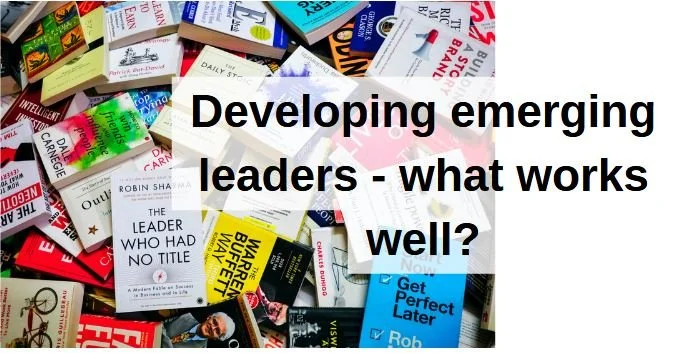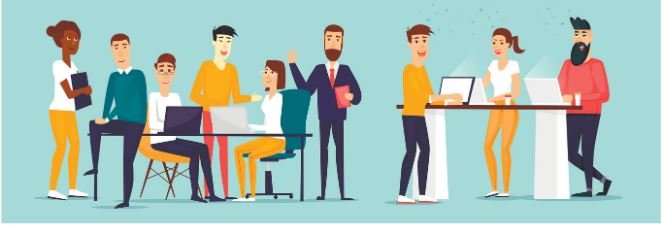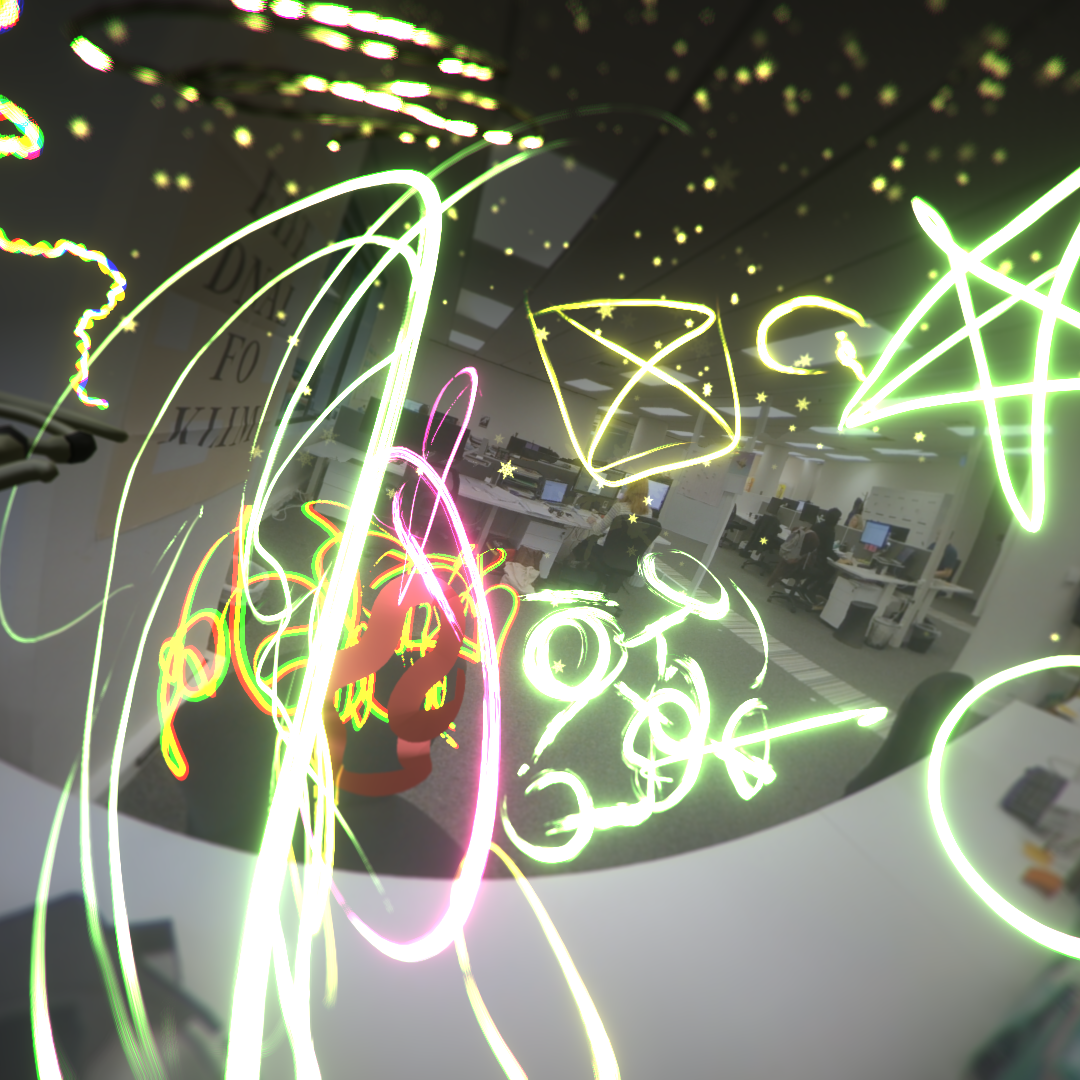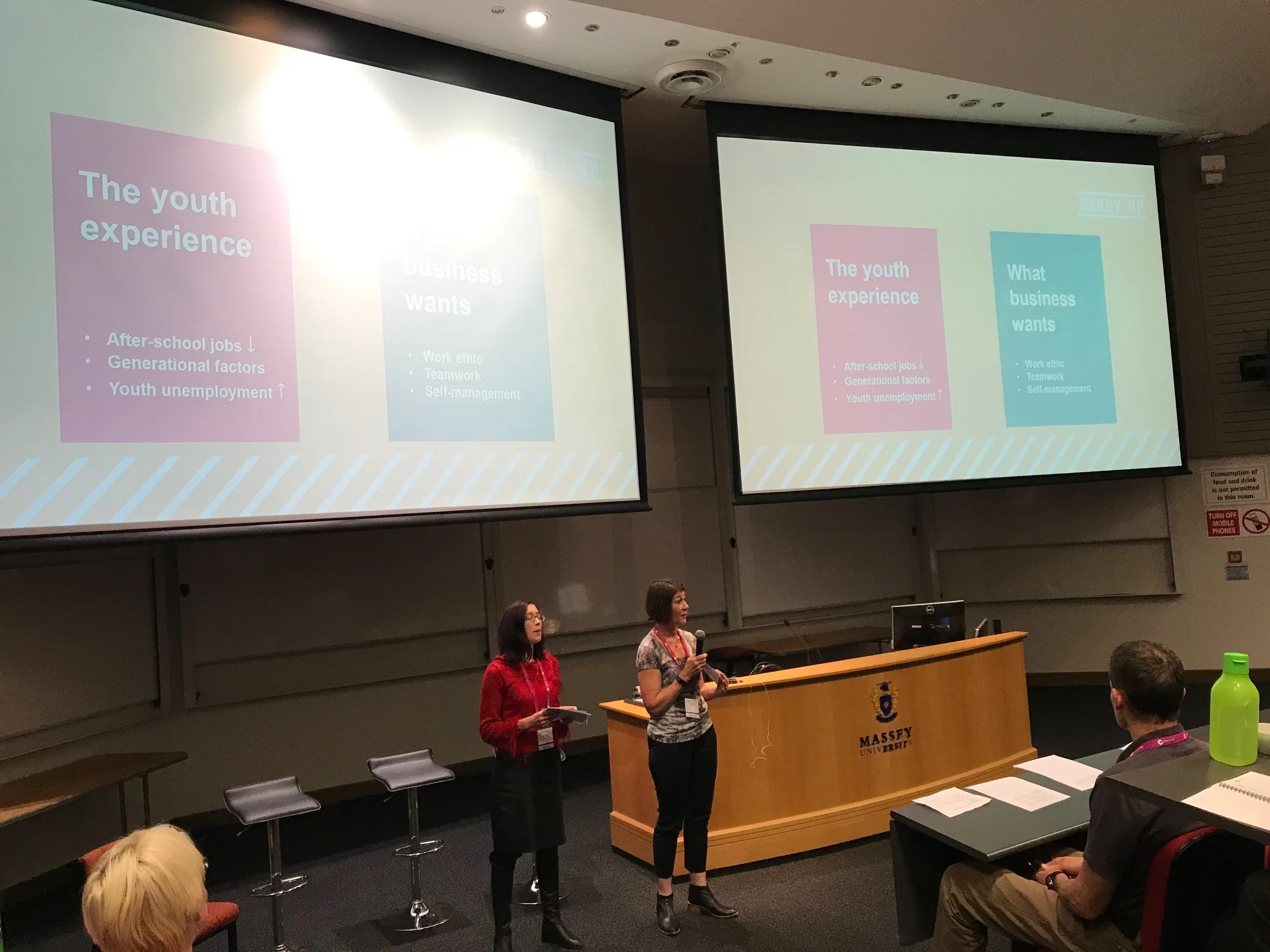New Zealand Chartered Accountants (NZ CA) is a membership network of 30 accounting firms around New Zealand, covering every geographical location. The advantage of partnering is that a number of firms with similar work can get together to share best practice systems, resources, create better training networks, and ultimately deliver a better level of service for their people and their clients.
Matt Rogers, Chair of NZ CA, says,
“Because of the geographical boundaries, we can be very open and transparent with each other. As such, we all grow and develop together in a very fostering and nurturing environment.”
Shifting focus to soft skills
Four years ago, NZ CA embarked on a new framework with their training programme. Matt says, “A lot of our training up to that point had been very technically based, around the technical requirements of being part of an accounting firm. We decided we wanted our training to be a lot more holistic and all-encompassing.”
NZ CA have found in their work with member accounting firms, that retaining “good solid people” is as tough as it ever has been. Media stories on a daily basis have talked about how difficult it is to retain employees, both at a macro and micro level. This means that investment in people capability is more necessary now, across a range of different industries and organisations.
In response to this challenge, NZ CA developed four streams of professional development for their members: technical skills, business skills, people skills and leadership skills. These streams have guided the training focus over the past four years in developing softer skills, developing the person, and developing the leadership capabilities within firms. These streams include the Savvy Up Work Savvy programme and The Edge, NZ CA’s pinnacle leadership programme run in conjunction with Outward Bound. Matt says,
“What Savvy Up has enabled us to do is to get some real quick wins with an established programme, an established group of facilitators, to really make that a meaningful programme very quickly. That was the real benefit for NZ CA [of working with Savvy Up].”
Applying the Workplace Athlete concept
The Workplace Athlete concept also resonates with NZ CA member participants, who value the quality of the presentation and the content, and the breadth of content that is covered in the Workplace Athlete. Matt says, “No matter what the level of the individual is at the organisation, the roles and responsibilities of the individual, every single person can get something out of this course.”
Matt thinks the Work Savvy programme is so effective because it allows a lot of opportunity for people to reflect on their own goals and values, and to apply the learning in their own context and circumstances.
“That’s why we’ve had such a strong success and why we get such good feedback from all of our surveys from people who’ve gone through the Savvy Up course, and why it does resonate quite so deeply.”
The Savvy Up point of difference: deep care and a proven model
Matt says, “[The Savvy Up] programme [being] well-established, with authentic facilitators, with wonderful networks, with some of the other speakers who get introduced into that programme, means that we are basically able to leverage off something that is proven. It really does show a strong investment in people to improve the offering of working within your organisation or your industry.
“The other positive spinoff is developing people with a proven system and a proven framework. It’s an absolute no brainer no matter what industry or size of organisation you’re looking at. The fact this is a well-trodden and well-proven path, and the authenticity delivered from a programme like this, is absolutely worth its weight in gold.”
NZ CA Work Savvy participants have rated the programme highly, with 2021 participants rating it 8.8/10 and 2022 participants rating it 9.2/10. According to Matt, “the difference with Savvy Up is all of the other elements that are delivered as part of the programme – extra support, how deeply the facilitators care and ensure that with the peer networking; the outcomes that people are after; the face to face events that bookend the course; there is a very very deep care that participants get the outcomes and solutions that they’re looking for. And that’s something I don’t think you see with a number of other training courses.
“So I think that is a huge tick in the Savvy Up box, and one that we value hugely as an organisation and a reason why we continue to use these facilitators and are very very excited about continuing to roll this programme out.”










